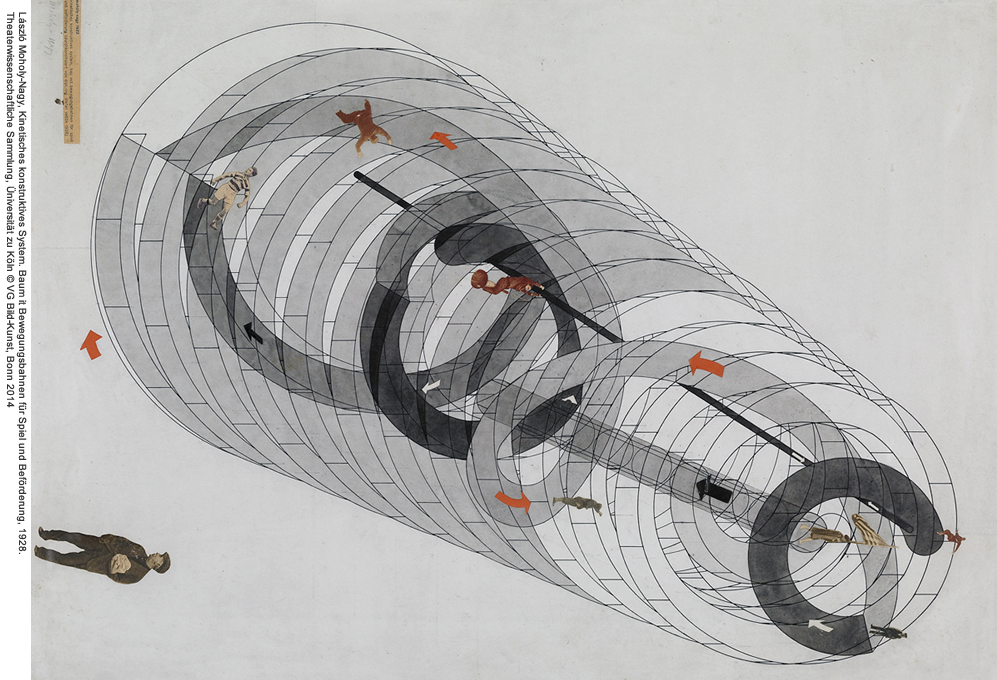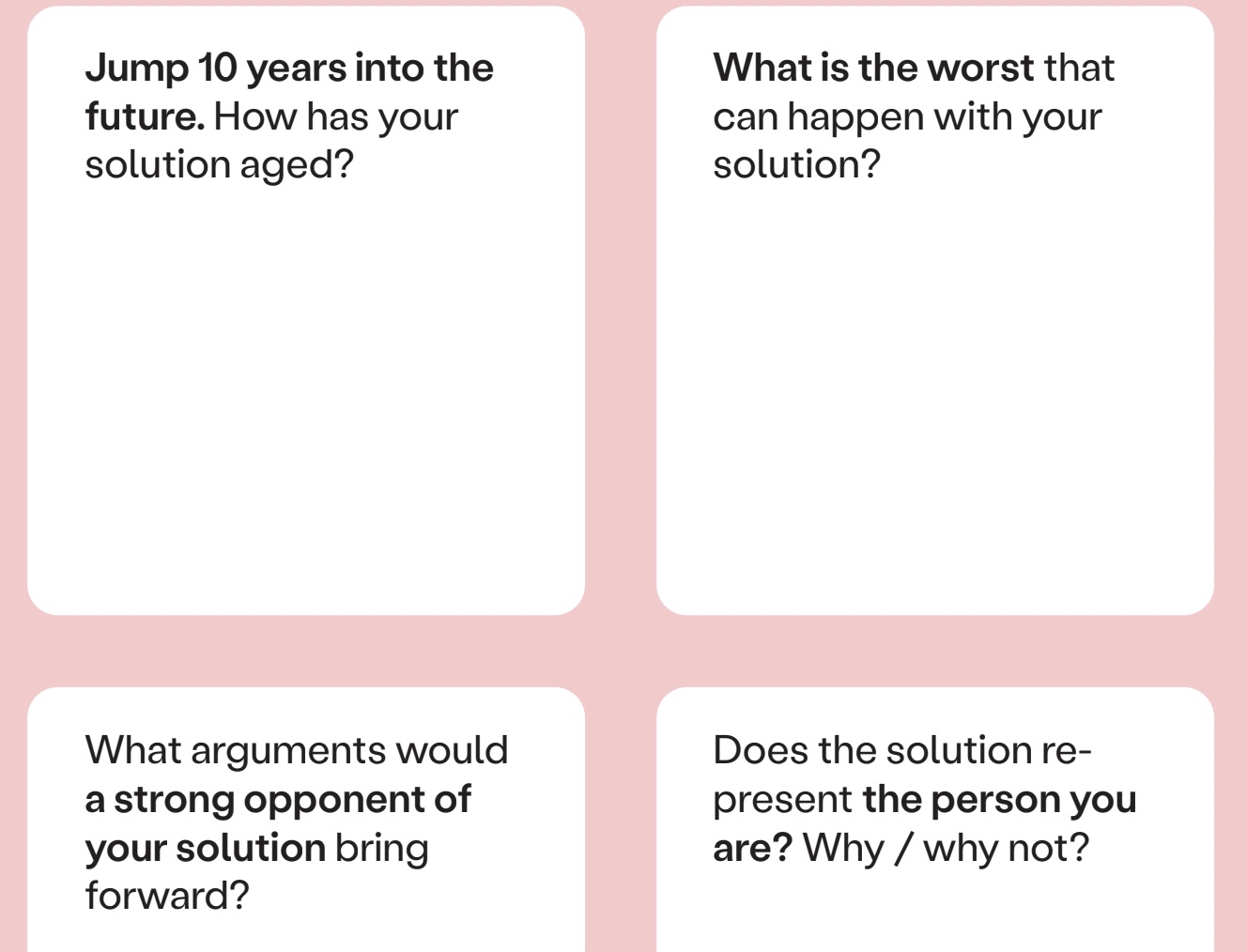Design Ethics - The goods of design
This class Ariel talked us about 4 important implications when we mention ethics and the profession on the same page:
- Design, designers and professions
- Design as a professional practice
- Codes of ethics
- An inquiry into The Goods of Design
Is design a profession, does it require multiple years of training? How is it when everyone designs? However we actually design things, artefacts and acts every day, by making decisions, addressing problems and creating solutions for them. We prefigure and reconfigure our ways of living many times, through various life events. Are we designers just mediators in this every day procedure?

Due to Ariels opinion: “Surely everyone designs, but only those who engage in the practice of design are designers.”
But what is a profession?
- A profession requires extensive training.
- Its intellectual component is predominant.
- It provides an important service to society and human well-being.
Is design a profession? Due to László Moholy- Nagy: “Designing is not a profession but an attitude” (Kinetic-constructive system - Structure with movement tracks for play and conveyance (1928), László Moholy Nagy)
Personally I just started my design studies at the age of 20 with that kind of attitude, which he mentions: “The designer must see the periphery as well as the core, the immediate and the ultimate, at least in the biological sense. He must anchor his special job in the complex whole.” Hopefully through extensive training in the next 3 years I completed something which would lead me to continue it as a profession, just to be able and reach more people and problems with the above mentioned attitude. Personally I don’t believe in the word of profession when I think about design, but as a common agreement, this is the way that makes our naturally inherited / learnt responsibility to the ones with the need of collaborating with us.
When addressing those needs our responsibility and the kind of arturism is not enough, we have to follow our own morality and kind of code of ethics, which makes sure with intervening in other’s life we don’t cause any harm and we make the process accessible the ones we are collaborating with, But does it need a written codes of ethics, and if yes which one should we follow and why? We always have to decide on this based on these points below: why, how and what for do we design?
Through the class we tried to figure out our own: whys, hows and what fors? Connecting The Danis Design Council’s, 20 questions from the ethics professor cards to our on going research projects and interventions. With questions such as:


